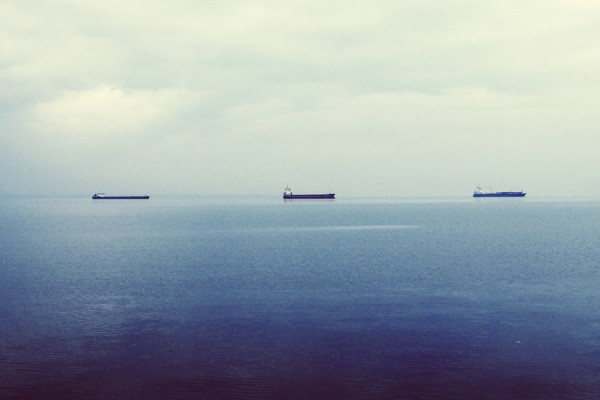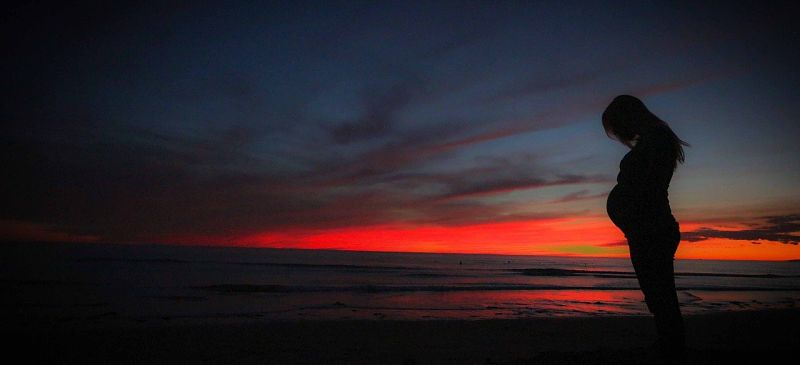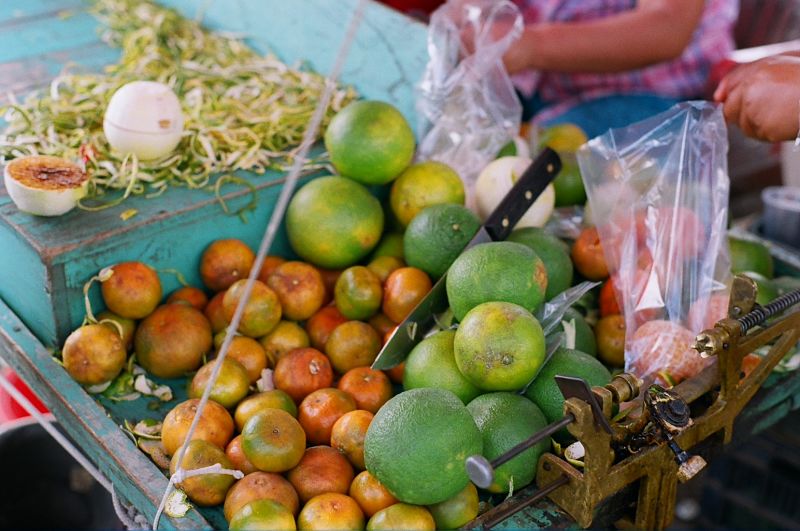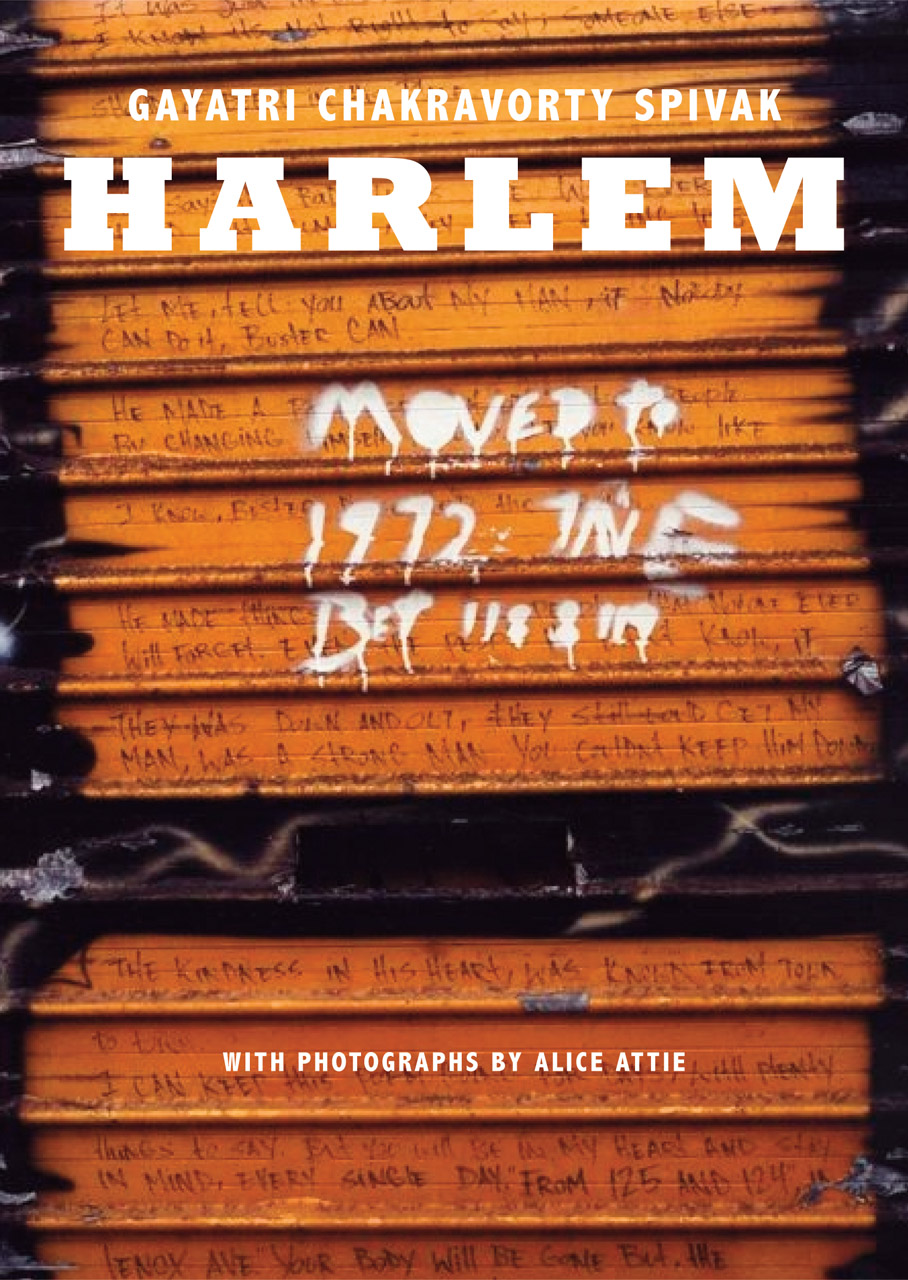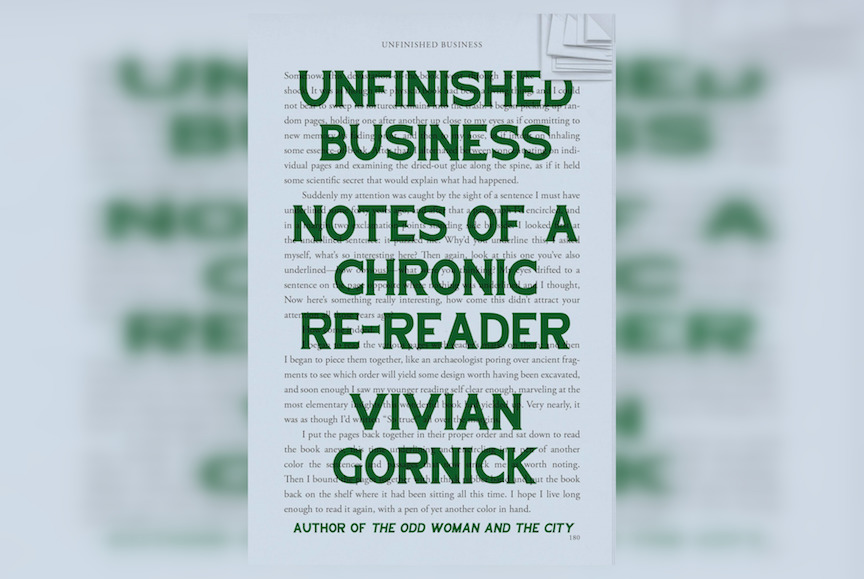I spent last weekend home in Ohio. I haven’t lived there since I left for college, but I still refer to the place as home. Home is my family, and the land where we’re from—the shelved, shale edge of Lake Erie, fed by the mouths of the Grand River and countless little threads and estuaries. Big Water, the Indians called the Great Lakes, this sea of linked, individual seas. I loved swimming in the lake as a child and looking every day across water I couldn’t see the other side of. In summer months we would get the marine report from my dad as soon as he walked in the door. Three foot swells. Scattered whitecaps. Flat as glass. We took all versions of calm as invitations to go out on the boat, even for a quick ride before sunset—in that flushed light when the water slows to mercury and everything glows as if in a mirror. Or a memory.
On weekends we’d stay on the boat all day, until our skin was so waterlogged and alive it was part of lake, shore, sky. Sometimes we’d anchor off of an abandoned beach and swim in to make a driftwood fire and roast hotdogs, while my mom walked searching for fossils and other strange wash-ups. Other times, we’d eat our lunch while trolling up the river. My mom would pack carrot and celery sticks, little sandwiches on soft rolls, and very salty potato chips, and I would sit in the bow munching, going back and back in time. I knew that my dad had looked out of his uncle’s boat at the same landscape when he was my age. And I could see the fishhouse—still in operation—where my grandma had grown up with her ten brothers and sisters. My grandpa had lived just across the street with his eight siblings, and I could imagine that gravel road and the spot where he pushed her into a snowdrift—when they were six, I think. “That’s how I first knew that he liked me,” she told us seventy years later. I could see the dock where he’d worked with his brothers, hauling ice cut from the winter lake, packing it in straw in wooden wagonbeds. And I could see the small muddy island he’d swum to with his friends one night, their clothes tied into bundles on their heads. When his toes had lost hold of the ground under water, he’d felt uneasy, almost panicked. He spent the whole night sleepless and worried because he knew he’d have to swim back again.
My grandpa died this year. The last thing he said to my dad was, “Thank you.” My dad had gone over to check on him and my grandma after dinner, and had stayed to play a game of cards. “What Dad? I didn’t do anything,” my dad had laughed. “Thank you,” his father repeated, looking into his eyes. The next morning, he asked my aunt to call the ambulance, and while it was on the way, he got back into bed with my grandmother, and held her. They laughed about how he had teased her when they were kids. They went back to the very beginning, as if, if they could, they would live it all—their long life together—all over again.
On the day Grandpa died, a meteor careened into the pond behind his house. Some people witnessing it thought it was a plane crashing, but when the police and fire department arrived there was no trace of a plane or a rock. It made a little flare in the international news; I could read about it as far away as my home in Chicago. When my partner heard about it, he said, “that sounds like his sense of humor,” and my Grandma, who was married to Grandpa for 72 years and who has no patience for nonsense, smiled and nodded in a surprisingly affirmative way.
My dad and I laughed about it again when he was driving us back to the airport at the end of the weekend. “What everyone thought was something coming down was probably just him going up,” he said. “But there’s no way people would believe it if you put it in a story,” he laughed. And I thought of all the little unbelievable things that happen all the time, coincidences, luck beyond logic. He danced on the roof to make his daughter laugh. I pleaded for help with my life and he dropped a tiny silk flower in my shirt, as if to remind me lighten up. He gave me the book I had been looking for all along, and I, in turn, gave it to my dad. And this was all after he’d passed.
“Do you want to stop and see his grave?” My dad asked.
“Maybe. But I can’t picture him there,” I said. I thought of him, cold, closed up in metal. He died in the month of November, just a few weeks before his 94th birthday, when the land in Northeastern Ohio is dark and stiffening. He had been lowered into that land of loam and shale, thick with the river, land he had tended all his life. He had coaxed from it the most delicious foods—strawberries, corn, tomatoes and cucumbers—and he knew its seasons. He would have known that it was just resting, gathering water and the mineral gifts of the stones so it could prepare again for growth.
“But he is there,” my dad said. “He chose the stone himself, and wanted to be buried there, beside his parents, at home.”
“I don’t want to have to run to catch our flight,” I said. “We’d better not.”
And then as soon as we passed the exit, we were caught by construction. A good joke, Grandpa. It would have been faster to go the long way, beside the river, past the house—213 Riverside Drive—where he and Grandma had raised their family, had taught me to pick strawberries and corn, sew and throw a baseball, past his resting place. It would have been better to just remember, and not come so late to remembering.
When I was a baby, we lived near there, in the house where my grandpa had grown up. It was a blue farmhouse with a big barn in back where leather saddles hung on the wall. My great grandfather—my grandpa’s father—had died a couple of years before, but whenever my parents would go away for the weekend, they’d come home and the place would be filled with the smell of his cigar smoke. And once my mom’s best friend saw him and my great grandmother walking through the room where she was sleeping.
As a kid I loved these ghost stories. I didn’t find them scary, but comforting. But my grandpa is not haunting me, or any of us, I don’t think. I don’t sense that he had business left unfinished or words left unsaid. His business on this earth is us, the lives we will live having sprung from him and my grandmother. This is the great, ever-widening weave that through time and relation connects us all.
I think of the braid of the generations every time I go home. I will never not remember my grandpa, and he may be one of the people I feel closest to at the very end of my life. My daughter will only know him as a photograph and these stories and maybe a feeling, a familiarity, though I hope she will have many, many years with my own dad, her grandpa.
She was two weeks old when I first brought her home to Ohio. My dad held her for hours and their breathing twined together as they got to know one another. After that, she and my grandpa met. They were on opposite banks of this life, in transitional years that could have been foggy with fear or sleep. But despite their physical fragility, both were intelligent and alert, totally alive in their eyes. He stared down into her eyes and she stared up into his, intensely, as if they were memorizing each other. In those hours, he welcomed her, and she restored him. They were like those tensile, stubborn grasses that grow on riverbanks and keep the shore intact—I could see that neither would ever hold lightly someone they loved.
“You were dreamed into being by your ancestors seven generations ago,” my Lakota friend told me. She lost her mother the week after my grandpa died, and she left me a voicemail as we were driving to the airport. She tells me that in the Lakota tradition it is inappropriate to say the name of a loved one for a year after they pass, because that just calls them back. She does not say her mother’s name, but is trying to help her to make her journey onward. “We don’t want souls to get stuck here,” she says. “We want them to be able to go home.”
We arrived too early at the airport. I should have gone to see my grandpa’s grave, I thought. I have missed some opportunity to honor him. But even this feeling that I have failed him seems embedded in the larger knowing that I could not fail him. Because he raised me consciously, to be conscious, I now can only fail myself somehow. At times my choices have confounded and worried him and still worry my dad—because they can see how far I am going from home. But I have always been welcomed back. And home has become for me—more than a place, more than even a people—a feeling beyond regret. A feeling of being known, while knowing I am part of something larger.
My daughter Adele and my dad had a terrible time saying goodbye at the airport. She was blowing him kisses, saying in her two year-old way, “I love you, Grandpa,” and he was just waiting. We knew he would stand and watch us go until he couldn’t see any part of us anymore, until we’d disappeared into the crowd and into motion. We always say goodbye this way in our family. An elderly woman saw them hugging and hugging and said, “Oh isn’t it the best thing, being a Grandpa!”
“Yes, but this is not the best part, saying goodbye,” my dad answered.
Adele threw a screaming fit after we left his sight and I ran into that woman again, who was suddenly distressed herself because she had forgotten her cellphone and needed to call her daughter. She borrowed my cell, and then thanked me.
Then Adele and I sat to have a snack—carrot sticks and a sandwich my mom had packed—and a little boy came running up to her and said, “Hi!” They smiled and ran around in circles and then sat to play with a puzzle. His name was the same as my first boyfriend’s when I left home for college. I think I had only liked him because his lake-blue eyes had reminded me of my grandpa’s.
And so it goes. We leave home and we make home. There is the home that I come from with the home that I am flying toward. I need both. I need to be nurtured and grounded as I am with my family. And I need freedom, wind. I need to feel and catch the currents of something ever-expanding, whatever truth that calls me next.
My dad has always needed this too—on the boat, he always loved to ride fast into motion. And thinking of this, I remember the constriction of the river—the smell of exhaust—the taste of it on our food—and the loud, suffocating roar of the motors. All the little plots of Astroturf and lawn ornaments and hokey signs that people would set up beside their docks—like odes to smallness. The shore glittering with beech and cottonwood trees but girdled by rusted metal breakwalls hastily spraypainted: SLOW NO WAKE. It was the river where his parents had grown up, and it was lush with bloomings and memories, and choked with smog and weeds. I remember the excitement we’d feel approaching the mouth of wider water—from the fur of the fauna, we drove out from the rivermouth in a kind of birth. “Faster!” I’d call out, and together we’d laugh. My dad would turn up the throttle up and zip us out into the cooler breeze, the changeable waves, motion and water whose edge we could not see.
—
Rachel Jamison Webster is Director of Creative Writing at Northwestern University and author of September (Northwestern University Press 2013) and The Endless Unbegun (Twelve Winters Press 2015). Her poems and essays appear in many journals and anthologies, including Tin House, Poetry, The Southern Review and Labor Day: Birth Stories from Today’s Best Women Writers (FSG 2014). She lives with her daughter Adele in Evanston, IL.
